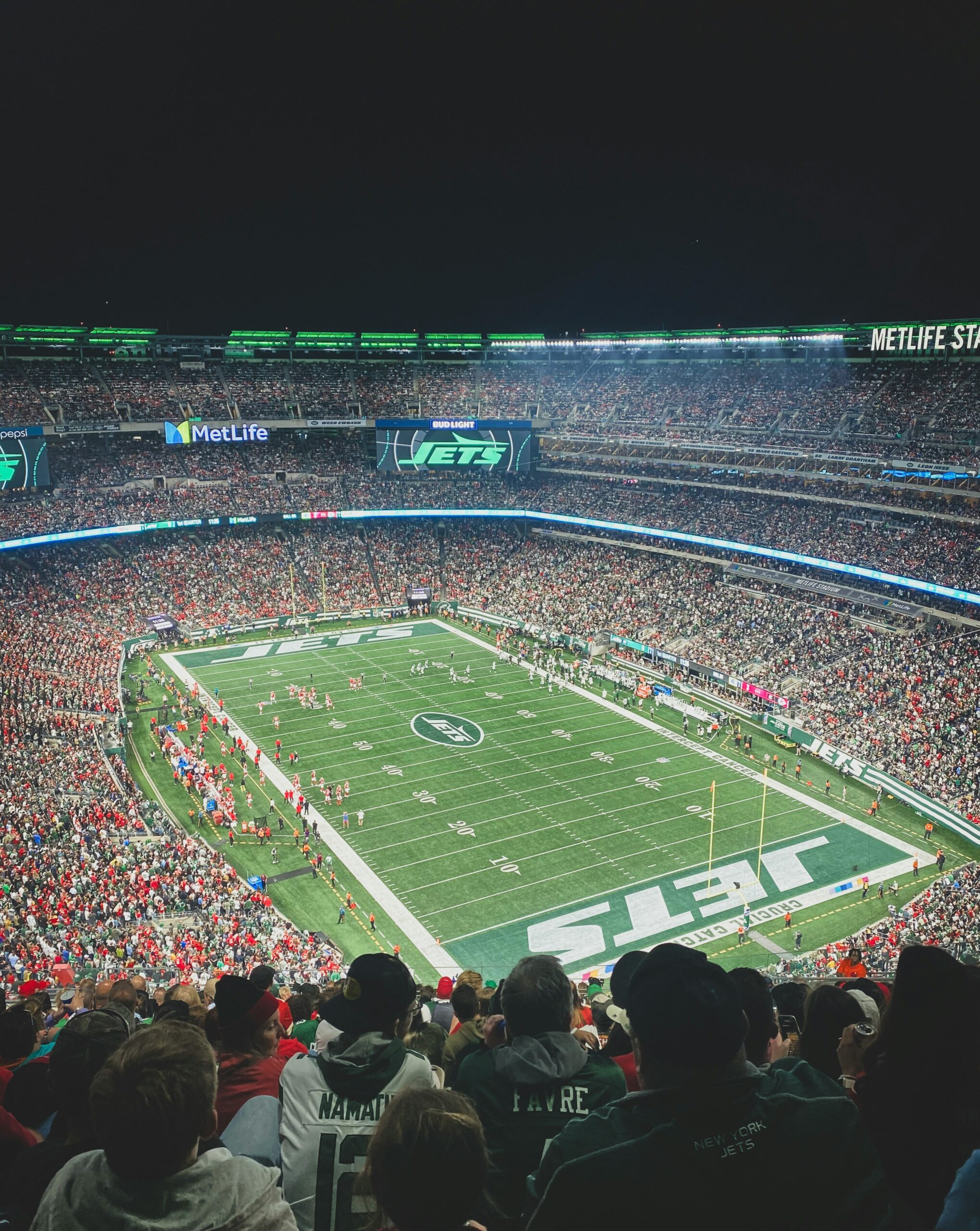
The sports industry is an intricate ecosystem where athletes, teams, leagues, sponsors, and fans converge. While athletic prowess and business strategies dominate headlines, behind the scenes, attorneys play a pivotal role in shaping this dynamic world. They ensure compliance, safeguard interests, and help navigate the complex legal terrain of the sports industry. Understanding how attorneys influence this multi-billion-dollar arena offers valuable insights into the legal framework that sustains it.
Contract Negotiations: Building the Foundation
Contracts are the lifeblood of the sports industry, governing everything from player-team relationships to sponsorship deals. Attorneys are at the forefront of drafting, reviewing, and negotiating these agreements to ensure they are fair, legally sound and beneficial to their clients. For athletes, this can mean negotiating salary terms, performance bonuses, and endorsement deals. It involves securing long-term partnerships with sponsors and broadcasters for teams and leagues.
An attorney’s expertise ensures that contracts are comprehensive and protects clients from legal pitfalls. For instance, they might include clauses addressing termination conditions, injury compensations, or intellectual property rights. Without their diligence, stakeholders could face disputes that disrupt careers or businesses.
Protecting Intellectual Property in Sports
The sports industry thrives on branding and intellectual property (IP). Logos, team names, merchandise designs, and even unique game strategies often fall under IP protection. Attorneys specializing in this field play a crucial role in safeguarding these assets against infringement.
For instance, they assist in trademark registrations, ensuring that a team’s logo or an athlete’s name cannot be used without permission. They also litigate counterfeit merchandise cases, protecting revenue streams for teams and leagues. In a digital age where content piracy is rampant, sports attorneys are instrumental in enforcing IP laws to maintain the integrity of brands and media rights.
Ensuring Regulatory Compliance
A web of international, national, and league regulations governs the sports world. Attorneys help stakeholders navigate these rules to avoid violations that could lead to penalties, suspensions, or reputational damage.
For example, compliance with anti-doping regulations is critical for athletes. Attorneys assist in understanding the rules set by organizations like the World Anti-Doping Agency (WADA) and represent clients in hearings if allegations arise. Similarly, they guide teams and leagues on labor laws, tax obligations, and health and safety standards, ensuring that operations remain lawful.
Resolving Disputes: Mediation and Litigation
Disputes are inevitable in a high-stakes environment like sports, and attorneys are essential in resolving them. Whether it’s a contract breach, disciplinary action, or a trademark dispute, their expertise ensures fair outcomes.
Mediation is often the first step, where attorneys work to settle disputes amicably without resorting to court. However, when mediation fails, litigation may become necessary. In such cases, attorneys advocate for their clients in legal proceedings, leveraging their knowledge of sports law and judicial systems. Their role in dispute resolution upholds fairness and preserves relationships within the industry.
Advocating for Athlete Rights
Athletes are at the heart of the sports industry, and attorneys play a vital role in protecting their rights. This includes negotiating contracts that provide financial security, advocating for better working conditions, and ensuring access to legal recourse in misconduct cases.
For instance, attorneys may represent athletes in cases involving discrimination, harassment, or wrongful termination. They also assist in navigating league-specific rules that may impact career trajectories, such as transfer policies or eligibility requirements. By championing athlete rights, attorneys contribute to a more equitable and inclusive sports environment.
Shaping Governance Structures
The governance of sports leagues and organizations is another area where attorneys exert significant influence. They advise on creating and implementing bylaws, policies, and disciplinary procedures that ensure fair play and transparency.
For example, attorneys might help design policies for anti-corruption measures, such as match-fixing prevention or ethical sponsorship practices. They also play a role in structuring collective bargaining agreements between players’ unions and league management, balancing the interests of both parties. This work not only sustains the integrity of sports but also fosters stakeholder trust.
Facilitating International Growth
As sports become increasingly global, attorneys help navigate the legal complexities of international expansion. This includes advising on cross-border transactions, broadcasting rights, and compliance with foreign laws.
For instance, attorneys might assist a sports league in establishing franchises overseas, ensuring adherence to local business regulations. They also help athletes secure work visas and resolve disputes involving international governing bodies. By managing these challenges, attorneys enable the seamless growth of sports on a global scale.
Addressing Emerging Issues: NIL and Technology
The sports industry constantly evolves, and attorneys are at the forefront of addressing emerging legal issues. The rise of name, image, and likeness (NIL) rights has transformed college athletics in the United States, allowing student-athletes to profit from their brands. Attorneys help navigate this new landscape by negotiating NIL deals and ensuring compliance with state laws and NCAA regulations.
Similarly, technological advancements, such as sports analytics and wearable devices, raise questions about data privacy and ownership. Attorneys advise collecting, storing, and using such data responsibly, ensuring that innovations benefit athletes and teams without compromising their rights.
The sports industry’s success hinges not only on athletic talent and business acumen but also on the legal expertise that underpins its operations. Attorneys shape this dynamic field by safeguarding rights, resolving disputes, and ensuring compliance with complex regulations. Their contributions extend beyond the courtroom, influencing every sports aspect, from governance and branding to international expansion and technological innovation. As the industry continues to grow and evolve, the role of attorneys will remain indispensable, ensuring that the game is fair for all.